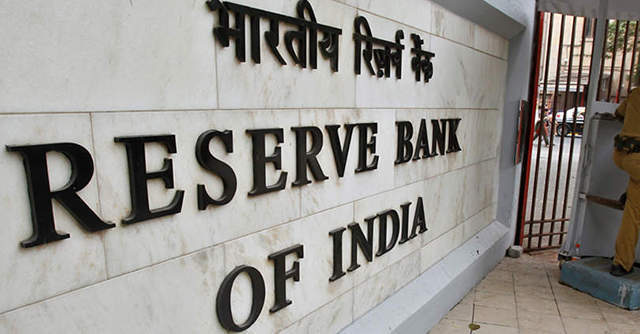
RBI updates oversight framework to monitor payment systems


The Reserve Bank of India has released an updated version of an oversight framework document to monitor financial market infrastructures (FMIs) and retail payment systems (RPSs).
The document is meant to update the supervisory transparency and disclosures by payment system operators.
FMIs refer to systemically important payment systems (SIPS), central securities depositories (CSDs), securities settlement systems, central counterparties and trade repositories which facilitate clearing, settlement and recording of financial transactions.

RPSs refer to automated teller machine (ATM) networks, pre-paid instrument or digital wallets, card payment, point-of-sale (POS) services among others.
RBI had last updated the supervisory and regulatory guidelines for FMIs in 2013. The current framework will ensure closer scrutiny of payment entities, including PPI issuers, ATM networks, Trade Receivables Discounting System (TReDs) platforms, card networks, among others.
“National Payments Corporation of India (NPCI), the umbrella organisation for RPSs in the country, has emerged as a system-wide important payment system (SWIPS) because of the significant volume of transactions processed in the payment systems operated by it,” the release issued by the central bank with the document said.

RBI has also constituted an oversight division in the department of payment and settlement systems (DPSS) to watch over all payment systems.
According to the framework document, RBI will monitor existing and planned systems, assess FMI and RPS against the oversight objectives and work on change for improvement when necessary.
Salient points specified in the framework are:
- A format for data and information submission to RBI for off-site surveillance and monitoring. These include multiple factors, including submission of prescribed data by the regulated entities, fraud monitoring and alerts, market intelligence and regular meetings with authorised payment system operators.
- RBI will monitor the efficiency and effectiveness of payment system participants, It will also assess that an entity meets relevant policy guidelines, standards and oversight objectives.
- The framework also lays down guidance for cyber resilience for FMIs, banks and system participants. It stated that the RBI has formed a standing committee on cybersecurity to review threats in existing and emerging technology and suggest policy interventions. It has also formed a crisis management committee to draft response measures to be taken in the wake of critical cyber-attacks.

